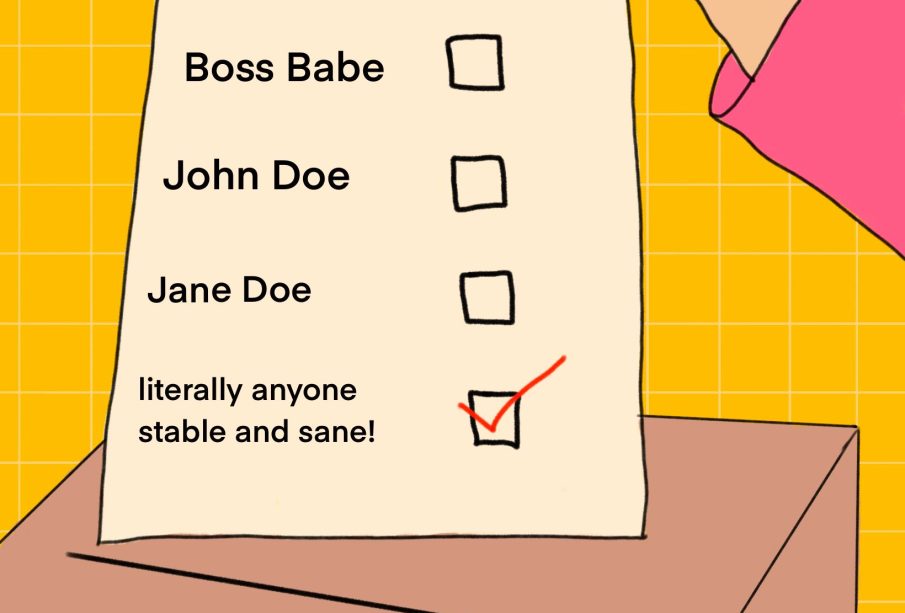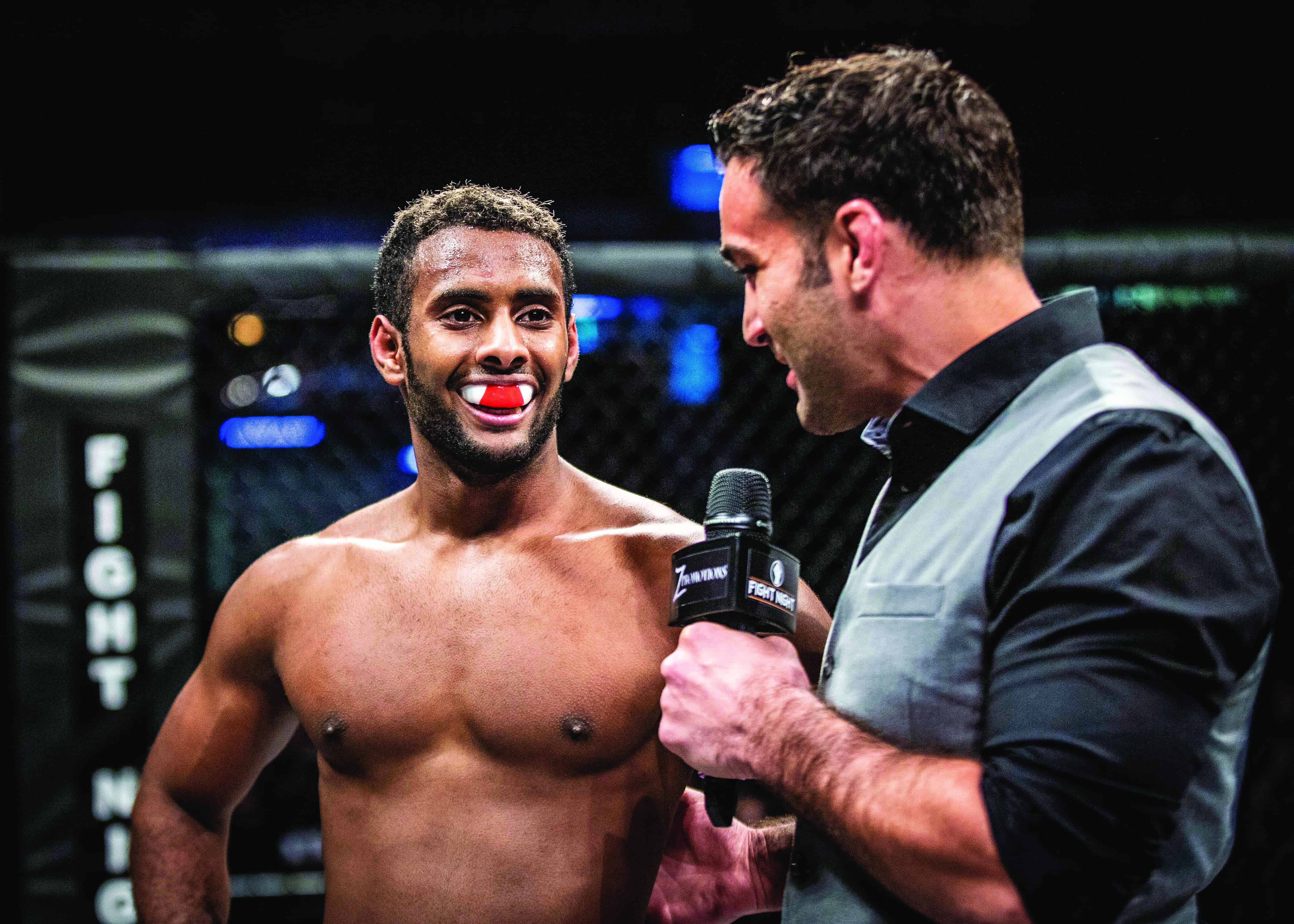URSU in dire need of upgrade

The students’ union leaves much to be desired
by katlyn richardson, contributor
If I were to concisely describe my experience at URSU, I’d simply say that it was ‘a time.’ I have seen URSU as a student before and after sitting on the board, and of course saw what was being done while I was on the board. I was remarking to a friend that there is nothing like election season to show me how little the average student understands how URSU works within the university, and how it functions in general as a non-profit organization.
Unlike most non-profits, URSU does not solely rely on grants or donations as their major funding, but rather on student fees which are then distributed between themselves and the various campus centres based on prior agreements. URSU also has very little power on the various university committees it sits on, with the exception of the disciplinary and appeals committees, where the entire role of URSU members is to provide the student perspective and to help guide various judgements, keeping in mind the interest of the student body at large.
Based on my experiences, the biggest change I saw that went in the right direction was implementing interviews with the URSU general manager for executive candidates. Prior to this, there seemed to be issues with the workload being too great and students graduating before the end of their term. As a result, we dropped down to two executives. Despite this issue, it was the most functional board that I have seen at URSU. The board was asking to be more involved and tried to hear as many voices as possible. We even had some laughs together. I think if that board had even one more year, there could have been more steps in the right direction.
The board that immediately followed was the one that made me really evaluate what I’m willing to deal with. Amidst the gaslighting, belittling, and manipulation tactics displayed by certain executives at the time, there was little room left for respect for each other. There were times where it felt like it was two separate groups, each of which wanted the other gone at all costs, to the point that it went nuclear. I left not only because I was being burned out as if I was candle that had gasoline dumped on it, but also because my mental health was tanking due to how little I felt respected. I had taken advice from someone I really respected and thought about my own needs. I managed to still get a bursary for students with disabilities pushed through (of which I received zero credit for – thanks execs!) to help with the impact of COVID-19.
COVID-19 had its impacts on all three terms I held in various ways. In my first term, it was the sudden switch to online delivery of classes and board meetings. At that time, URSU policies did not fully reflect meeting in an online space, so new expectations were slowly adapted and applied. During my second term, when I chaired the governance committee, we were implementing updates that were both generalized and reflected virtual meetings. The group I originally had on that committee were honestly incredible, and I loved getting to work with them. It was like a breath of fresh air in comparison to board meetings where so many of us were dropping away like flies.
My final term was significantly better. There were still a lot of remaining wounds from the previous year that affected returning members, but there also seemed to be more of a support network that had formed. Even when things got tough, getting through seemed doable. I am still in contact with some of these people, and seeing them reach these big life milestones makes me want to cheer for them.
Getting back to the board work, I didn’t get involved in any internal committees this time but focused on external ones like student appeals and the discipline committee. These committees are actually where URSU shines brightest. Being able to provide the student perspective is incredibly important, keeping in mind the perspective of both the defendant and the entire student body. I also came to grasp how much some professors really care to educate, and how many weren’t afraid to point out when the university was being unfair. URSU could really function well by following a similar model, referring to those who have experience being part of a specific group by asking the representative in the room directly (which, in the case of an inexperienced member or a neurodivergent representative, allows more confidence in sharing experiences and thoughts).
Regarding this year’s election, I did not vote. I hold more faith in the staff of URSU than those who were running for positions – especially with a certain email sent to students. From being involved with URSU, I know the limited amount of power held, so often campaign promises are just going to fail no matter how much work is put into them. I tried getting a student centre that was targeted to students with disabilities and is fully accessible, but in the end it went nowhere because the university was not even willing to provide resources for it, and we got bounced around until I gave up.
URSU has never been in a position where it can significantly impact all students. The free pantry, the fridges, and URSU thrifts are the biggest impacts URSU can have because it’s using the power held. With URSU having such a disconnect from students, being basically unheard in the big decisions and relying so heavily on staff to bring ideas to life, there’s no surprise that URSU is having engagement problems in all regards.










